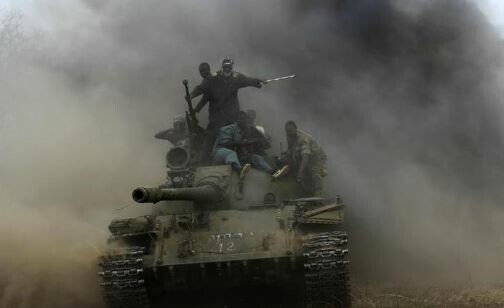Florencia Soto Nino-Martinez, the associate spokesperson for UN Secretary-General António Guterres on Tuesday said the UN is grossly alarmed about the predicament of civilians caught in fighting between the Sudan Armed Forces (SAF) and Rapid Support Forces (RSF) in Al-Fasher in Sudan’s North Darfur State.
She underscored that the Office for the Coordination of Humanitarian Affairs (OCHA) is deeply concerned about the well-being and safety of civilians caught up in ongoing heavy clashes in El Fasher.
“The International Organization for Migration (IOM) says that some 130,000 people have been displaced by the violence in and around El Fasher in the past two months,” Soto stated. “UNICEF warns that armed clashes for control over the Golo water reservoir – located just west of the city – risks cutting off safe and adequate water for about 270,000 people in El Fasher and surrounding areas. The agency is calling on all parties to abide by their obligations under international humanitarian law and end all attacks on or close to critical civilian infrastructure, including water systems and facilities, hospitals, health centers, and schools.”
She added: “Meanwhile, an analysis by nutrition partners points to an alarming situation for children and mothers across Sudan.”
According to the spokesperson, as of March of this year, an estimated 3.7 million children under the age of five, as well as 1.2 million pregnant and breastfeeding women, are acutely malnourished.
“This year’s Humanitarian Response Plan for Sudan continues to be severely underfunded,” Soto reported. “Of the $2.7 billion needed, just 16 percent, that is $430 million, has been received to date. Despite funding gaps and other challenges – including active fighting, insecurity, looting, and access impediments – our partners are sparing no effort to reach people in need across the country.”
On his part, Martin Griffiths, the Under-Secretary-General for Humanitarian Affairs and Emergency Relief Coordinator, speaking at a press conference at UN Headquarters, said they see no concrete efforts in ending the raging conflict in Sudan.
“In Sudan, we see the absence, still, of efforts to stop that conflict. We are desperately worried about Al Fasher: 800,000 civilians are at risk there. I spoke yesterday to Ramtane Lamamra, the Personal Envoy of the Secretary-General, who is one of the most experienced mediators in the world today, and he has some very, very clear and good plans about how to go forward. So that’s, I think, inspiring. I’ll leave it to him to describe them,” he said. “But the humanitarian situation in Sudan has grown worse, and it is a place where two men basically decided that they were going to resolve their differences through fighting, that they were going to take their country down, that we have a situation where, highly likely, we will have up to 5 million Sudanese people at risk of famine when the next report comes in, which will be in the coming weeks. I don’t think we’ve ever had that kind of number at risk of famine – and this was an avoidable conflict.”
“And that’s my double point here,” Griffiths added. “We’re not winning on ending conflicts.”




